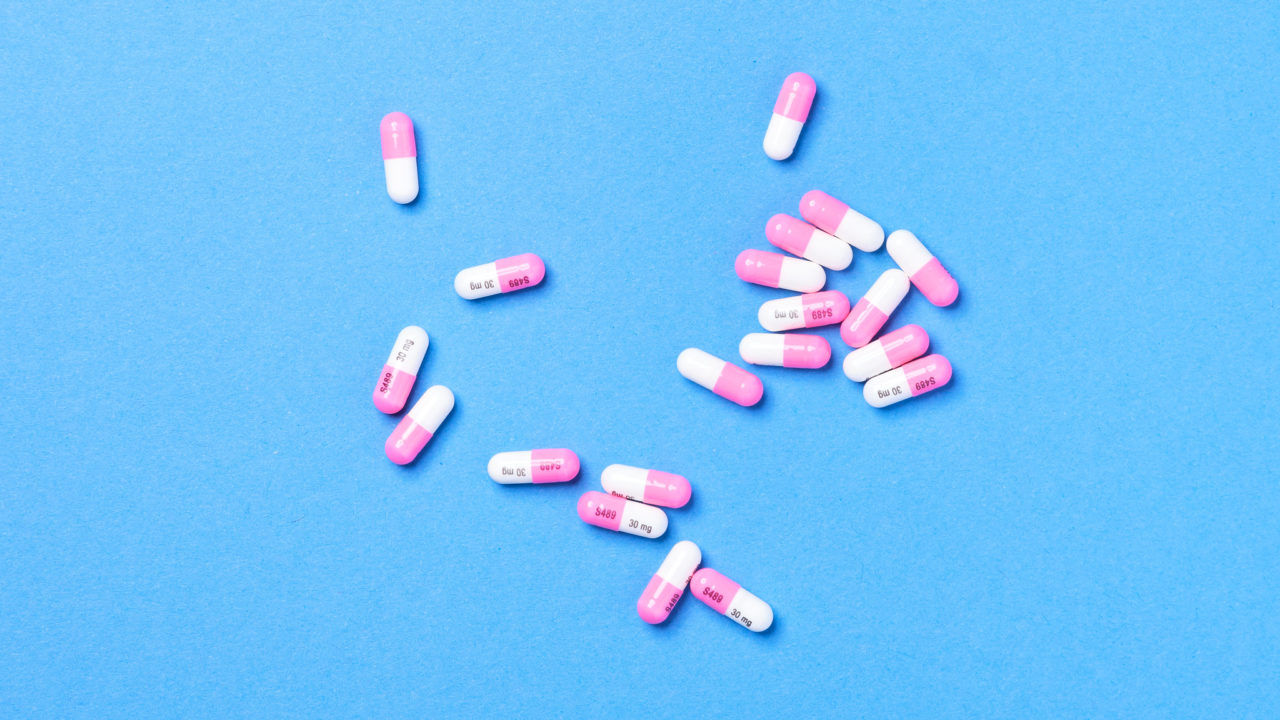 "Medicine" By The Focal Project licensed under CC BY NC 2.0
"Medicine" By The Focal Project licensed under CC BY NC 2.0
Democrats’ drug price controls in the $3.5 trillion blowout would lead to 167 to 324 fewer new drugs, according to an issue brief by Tomas J. Philipson and Troy Durie at the University of Chicago.
Within their $3.5 trillion reconciliation package, Democrats have included H.R. 3, legislation that government price controls on American medical innovation. Specifically, it creates a 95 percent excise tax on manufacturers and imposes an international reference pricing scheme that directly imports foreign price controls into the United States.
According to Philipson and Durie’s brief, this provision would lead to a 29.2 to 60 percent reduction in R&D spending, which translates to 167 to 324 fewer new drug approvals:
“We calibrate that the price controls implemented in the United States would lead to a 29.2 to 60.0 percent reduction in R&D from 2021 to 2039. This equates to $952.2 billion to $2.0 trillion in lost R&D spending and 167 to 342 fewer new drug approvals during this period. This means annual new drug approvals will be 11.7 to 24.0 percent lower per year from 2021 to 2029 and 45.0 to 92.4 percent lower from 2030 to 2039.”
Though these estimates are significantly higher than the CBO’s, the authors explain that their estimate is conservative:
“We discuss how these findings, as well as findings from other studies, differ from CBO (2019), which finds only 37 fewer new drug approvals over this time period, which is 550.2 to 1,024 percent lower than our estimates. Our estimates are conservative as the entire evidence base is considered and not only the evidence base for the more R&D sensitive US market.”
These results are severe, but not surprising. H.R. 3 arbitrarily sets the prices of medicines based off the prices in six countries which utilize socialist price controls in their healthcare systems: Australia, Canada, the United Kingdom, France, Germany, and Japan.
These countries’ access to care is, inevitably, lower. For instance, Canadian patients wait an average of 19.8 weeks from referral to treatment. In the UK, at any one time, 4.5 million patients were waiting to see a doctor or receive care. By comparison, 77 percent of Americans are treated within four weeks of referral, while just 6 percent wait more than two months.
Further, Americans have access to far more medicines than other countries. According to research by the Galen Institute, 290 new medical substances were launched worldwide between 2011 and 2018. The U.S. had access to 90 percent of these cures. By comparison, the United Kingdom had access to 60 percent of medicines, Japan had 50 percent, and Canada had just 44 percent.
In trying to be more like foreign countries with socialist policies, Democrats will restrict Americans’ access to life-improving and life-saving medicines. Hundreds of new cures will not be developed in the future which will harm American patients and the healthcare system.

